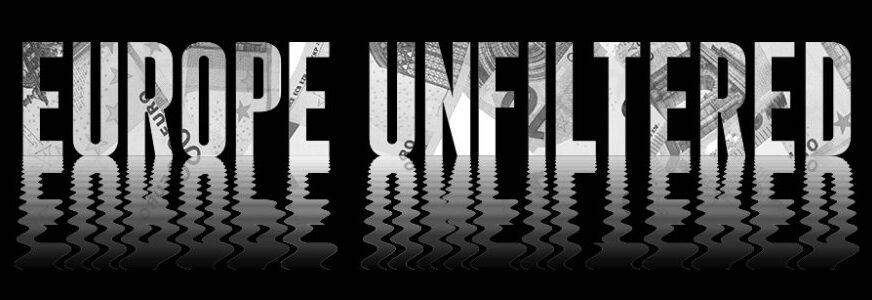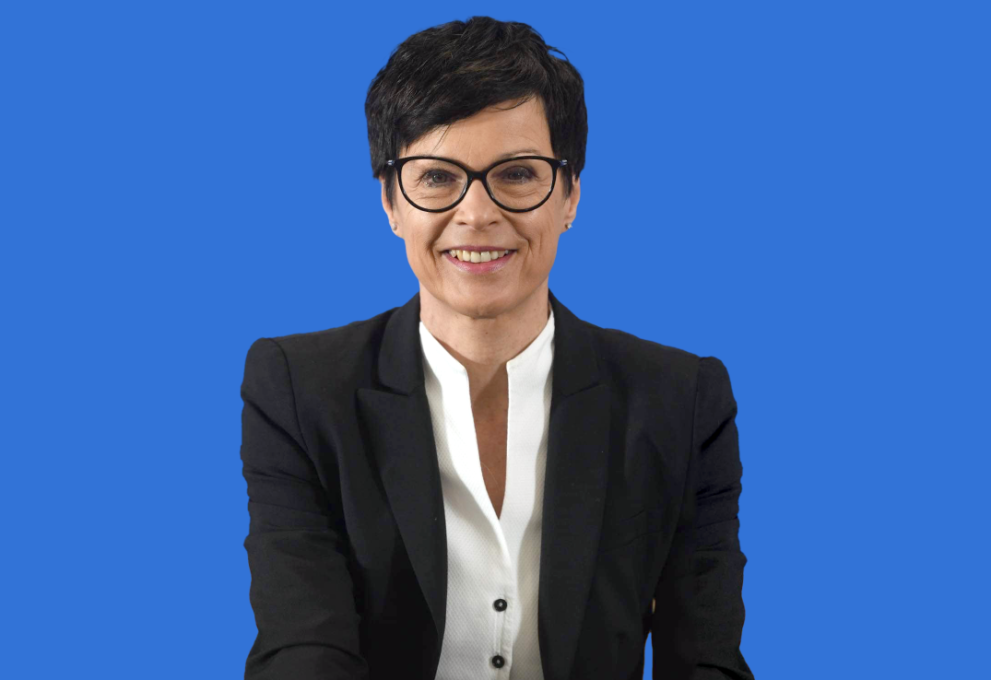The new von der Leyen Commission had a rough start before actually getting elected.
Though there is no official deadline to reveal the portfolios of the incoming European Commission, it doesn’t happen often that the list is not ready by the date set by the would-be president. If anything, it could serve as a bad omen, or a warning for the future about the possible problems of inefficiency and delayed decision making.
One of the issues hindering the finalization was the unbalanced gender composition. An issue deemed so important by von der Leyen that she exerted enormous pressure on certain member states to change their candidates.
Some ignored the demand, citing national democratic nomination processes. Malta, for example, refused to nominate Helena Dalli for another term, sending a man instead.
Others, like Romania, obeyed, replacing Victor Negrescu with Roxana Minzatu. So did Slovenia’s government led by Prime Minister Robert Golob, naming a new nominee for commissioner. Marta Kos.
It is one thing that the step prompted a storm in the small Alpine country, as politicians and experts from all ends of the political spectrum rushed to declare that Prime Minister Golob was “weak” and “under the thumb” of von der Leyen; while others lashed out at von der Leyen, accusing Brussels of “expecting” the smaller countries to be obedient and “imposing” things on them.

In the grand scheme of political poker, it seems that both Golob and von der Leyen have a royal flush.
The new European Commission will be more balanced gender-wise, saving von der Leyen from a lot of self-exculpation.
Marta Kos and all the scandals attached to her leave Slovenian domestic politics for five more years, one less problem to Golob to worry about.
As an added bonus, he might have gotten a powerful tool in exchange, in the form of the country’s highly successful commercial television station, the POP TV. Marta Kos’s brother, Drago Kos and his current partner, Tjasa Slokar Kos hold a large sway over the channel and its news show “24ur”. Robert Golob’s wife, Janja Golob Nemec has business relations with the family via her own energy company, Star Solar. Kos herself declared around €1 million in savings accounts.
No wonder, that various members of the Kos family repeatedly appear as candidates on the lists of Golob’s Freedom Movement. And are given positions over and over again, in spite of repeatedly proving their incompetence or have left the ranks of the Freedom Movement in the meantime.
Like Marta Kos.
In 2022, she was the candidate of the party for the presidency of the country but withdrew from the race before the start of the campaign, “due to the changed circumstances”, resigning as vice-president of the Freedom Movement two weeks later. Just this spring, she was reportedly offered the commissioner’s position, but categorically refused. She also rejected Golob’s offer to lead the Freedom Movement’s list in the European elections.
So far, no explanations were given to her sudden change of mind and the decision to exchange her cosy Swiss lifestyle for the hustle and bustle of Brussels.
On a side note, Kos has left Slovenia a while ago as she lives in Geneva with husband Henri Gétaz, secretary general of the European Free Trade Association and runs her own company, KOS Consulting and Coaching, from there. She also took up a few side-gigs, like working for the Swedish company Kreabs or running workshops/employee trainings in her home country for exorbitant fees, supposedly using her family connections to secure lucrative deals.
But other than a stint as government spokesperson between 1997 and 1999, Kos’s main professional expertise lies in two failed ambassadorial missions. Barely meeting von der Leyen’s requirements of “experience in high political or executive positions, such as prime minister, minister and deputy minister”.
Minister of Foreign Affairs Tanja Falon would have met those criteria, for example, and Socialists all over Europe are said to have lobbied for her nomination. Kos, on the other hand, falls into the “at least experience in high diplomatic positions” category.
Von der Leyen will be in trouble, though, if Kos delivers the same performance as she did as ambassador.
In 2013, she was appointed as ambassador to Berlin, as part of a political quota.
No wonder that her lack of diplomatic-slash-foreign-policy experience led to various accusations starting from mismanagement of funds, personal holidays “disguised” as work travel and alike.
Her second ambassadorial post, that time in Bern, starting from 2017, was cut short in 2020, when she resigned in the wake of complaints by fellow diplomats and staff about inappropriate management. The extraordinary supervision conducted at the embassy confirmed most of those accusations.
Just like when leaving the Freedom Movement, she tried to deflect the accusations, citing “disagreement on foreign policy issues with the government” as the reasons behind her sudden exit.
Add to this the accusations that in her youth (when she was also member of the League of Communists of Yugoslavia), she used to work for Yugoslavia’s infamous secret service, the UDBA. Though she denied the accusations, available information might suggest the contrary. Unfortunately, the contents of file 0014000-05448 are missing, probably were destroyed in April 1990, along with thousands of similar documents, so nobody will know for sure, to what extent Kos cooperated with the secret service.
The European People’s Party has already declared that they deemed Kos’s application unacceptable, hinting at giving her a hard time during her parliamentary hearing.
Either way, with or without this last accusation, Kos’s CV doesn’t point at the real, significant and meaningful expertise one would hope to find in European Commissioners, the more so as there is nothing in her career so far that would at least point at being interested in enlargement issues.
But the gender quota is met, thus so far, so good.

